Tuesday morning we woke up to a thermometer that read one degree below zero and a heater that didn’t work. Earlier in the week it snowed four to six inches in Boise, but for some strange reason completely missed our area leaving the hills barren, dry and bitter cold. The wind blew across an uninsulated landscape and with the chill factor it was scary cold.
When temperatures fall below zero cars, pickups and tractors have a hard time starting, water lines in crawl spaces have a tendency to freeze and farm animals need an extra dose of loving care. The bitter cold reminds us all how frail and vulnerable we really are. Even becoming temporarily stranded with a flat tire while driving our eight miles of icy unsurfaced road on the way to town can be life threatening. Everything takes extra thought, care and caution.
I recall a conversation Nancy and I had with our builder Cliff Robbins when we first designed the house up here at Timber Butte. Cold winters were a big part of our consideration when it came to heating systems (both electric and wood burning), window selection, insulation, controlled crawl spaces, protected water lines and a propane backup generator. One of the things we labored over was the type of wood stove we should install. Of course expense was an issue; it always is when you’re building a new home and cutting corners is a temptation. We were constantly trying to separate the wants from the needs. We knew however from past experiences that an efficient wood stove in a place like this was a necessity not a luxury.
Because we planned to eventually convert the house to solar or wind power in the future we had to make the house all electric. That meant that when the power grid failed so would the central heating. When temperatures drop below zero and heat is lost in any house, water pipes become vulnerable to freezing and major damage can simultaneously occur. I know this because I am a voice of experience.
As a result we bit the bullet and made the decision to install an airtight soapstone wood stove rated for a house with 500 more square feet than ours. That foreseen decision was a Godsend to us this past week. I know little about repairing modern day furnaces and often during cold snaps like this it can be difficult finding repairmen who aren’t up to their ears in work. This is one of those times when preplanning has paid off. Having struggled so many times in the past with the results of extreme weather I am grateful for what past predicaments and hardships have taught us about being prepared.
Besides being thankful for the warmth of a good stove, I was sitting in my quiet chair this morning recalling how grateful and secure I feel knowing that all of our water lines are buried four feet beneath the ground with frost-free hydrants. I was grateful to have planned for electrical outlets in locations where we could use heaters in horse troughs, heat lamps in the chicken coop and a place in the hay shed to plug in the heating element on the diesel tractor. I realized that through my past mistakes I had managed to do things better over time.
Nancy reminded me of how a week of below zero weather without snow to insulate the ground could exterminate the larva of next year’s grasshopper infestation and what a blessing that would be. (See entry #104) I realized how human it is to fret over things like a short spurt of harsh cold weather rather than taking the time to stop and look past temporary difficult circumstances and realize that God most often does his best work in the midst of the struggles and in seasons of anxiety. It is the mistakes of the past that can motivate us to mature and do things better in the future, especially if we submit our mistakes to God. It reminds me of the passage in Philippians 4 where Paul said, “Do not be anxious about anything, but in everything, by prayer and petition, with thanksgiving, present your requests to God. And the peace of God, which transcends all understanding, will guard your hearts and your minds in Christ Jesus.”

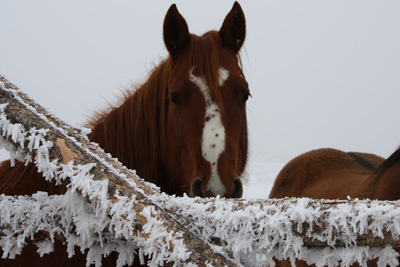
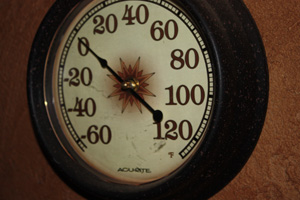
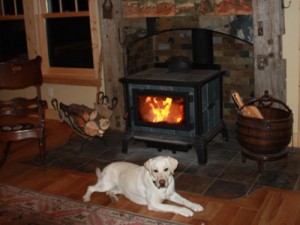
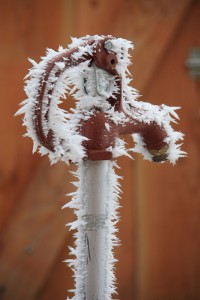
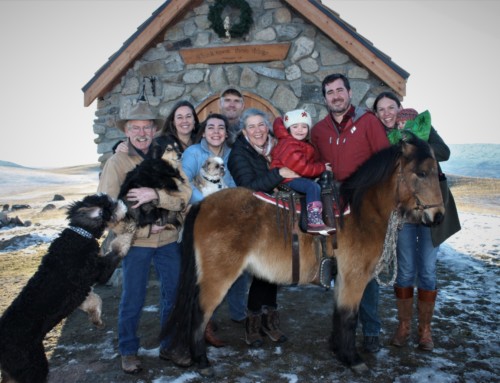
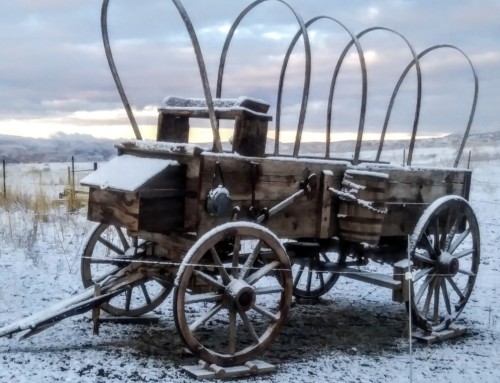
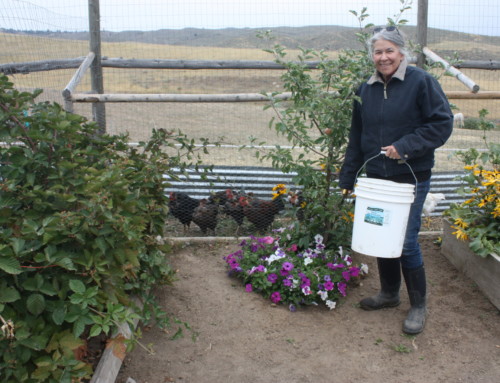
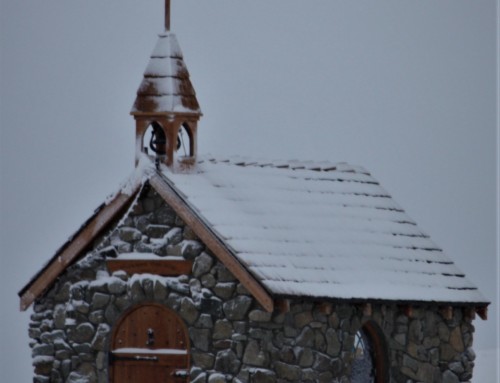
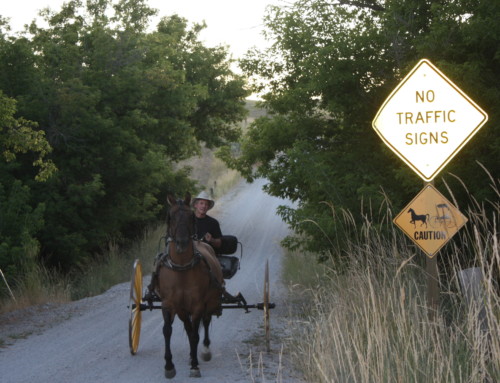
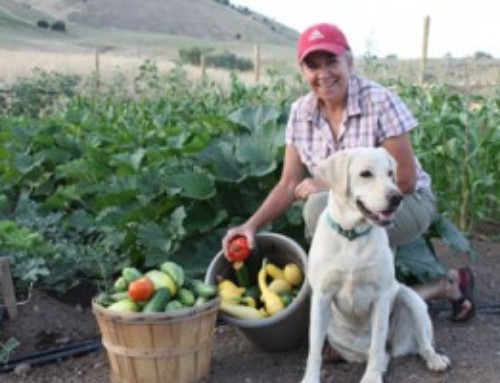
Leave A Comment
You must be logged in to post a comment.